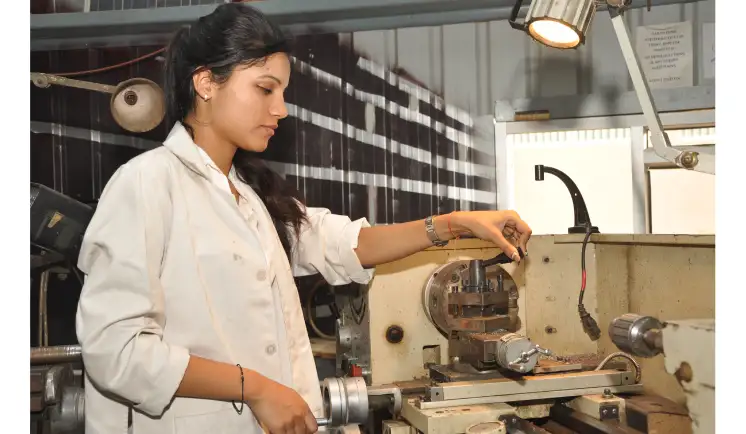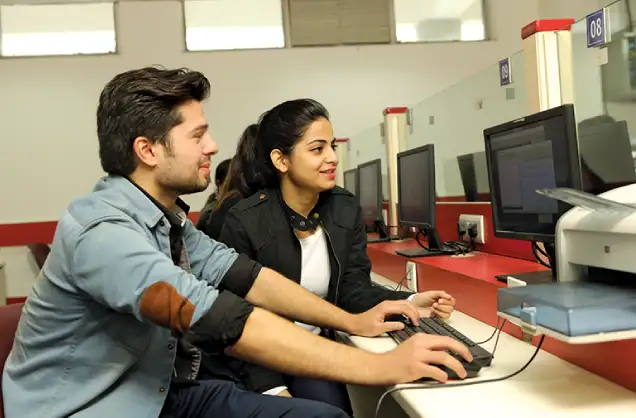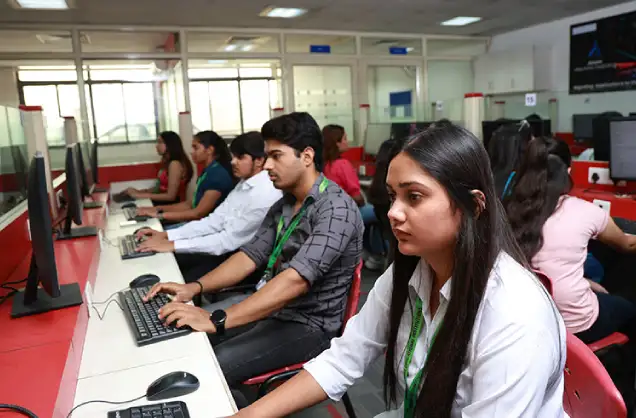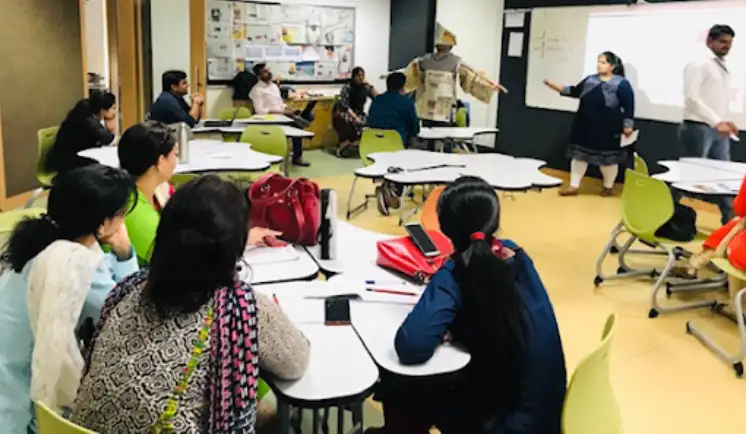MREI
Manav Rachna Educational Institutions
- Tuition and Financial Aid
- MR Universe
- Student Support
- Important Links
- Spotlight
Manav Rachna International Institute Of Research And Studies
- About MRIIRS
- Academics
- Schools
- Research
- Life @ MRIIRS
- Placement
- Admissions
- Global Panorama
- School of Dental Sciences
- School of Design
- School of Allied Health Sciences
- School of Behavioral and Social Sciences
- School of Computer Application
- School of Engineering & Technology
- School of Culinary and Hotel Management
- School of Media Studies & Humanities
- School of Leadership & Management
- School of Commerce







